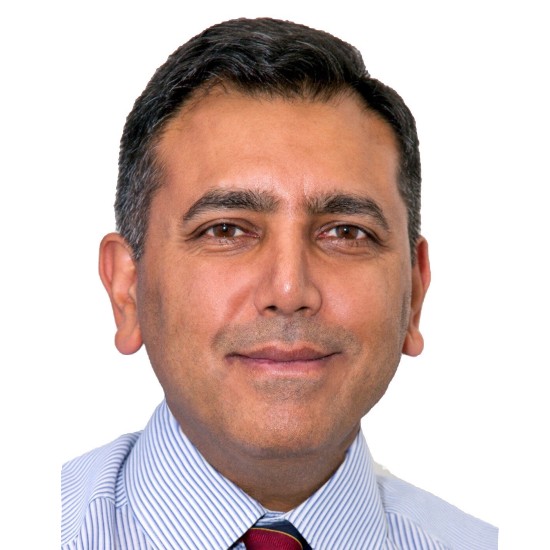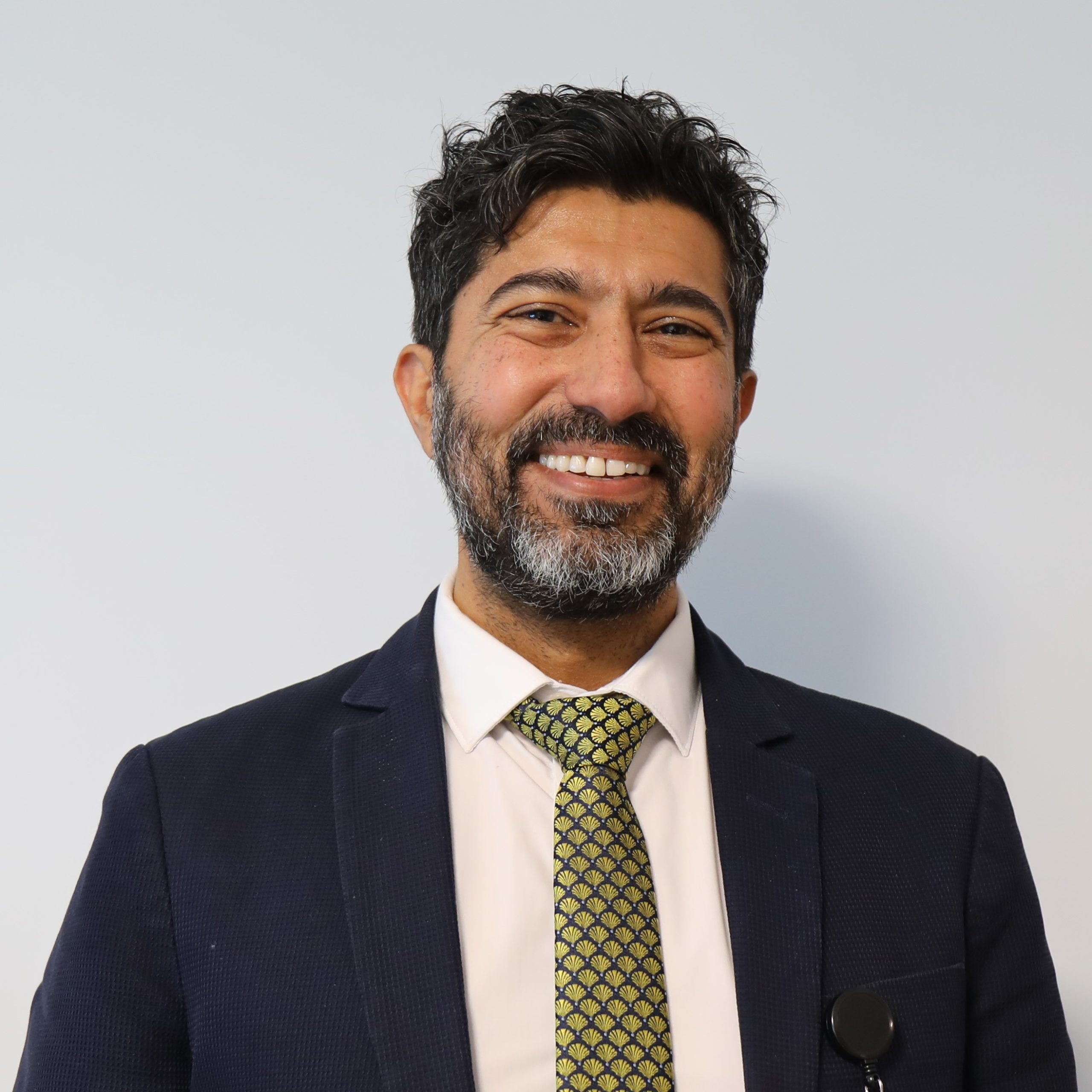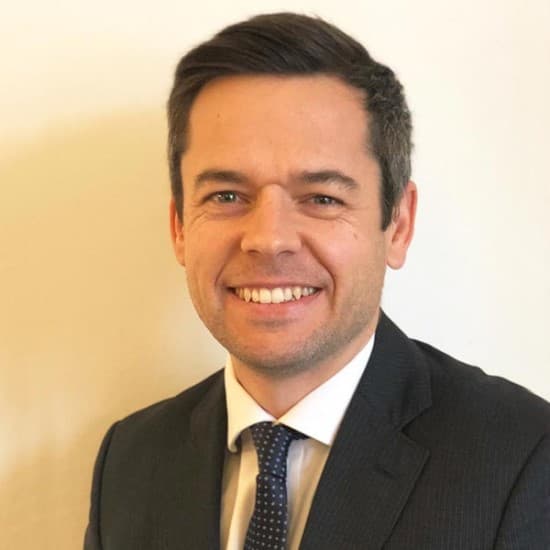Lower urinary tract symptoms (LUTS) pathway
A diagnostic pathway for men experiencing lower urinary tract symptoms.
Reviewed by Mr Jas Kalsi, Consultant Urologist and Male Fertility Expert
The main symptoms can be split into storage, voiding, and post-micturition categories.
- Storage – urgency, daytime urinary frequency, night time frequency (nocturia), and urinary incontinence
- Voiding – hesitancy, weak or intermittent urinary stream, straining, and incomplete emptying
- Post-micturition – post-micturition dribble and the sensation of incomplete emptying.
Patients experiencing these symptoms will have a streamlined set of tests to allow a full assessment the issue.
Diagnostic tests we offer
The LUTS pathway provides a comprehensive range of diagnostic tests to ensure our consultants can accurately assess and diagnose your condition.
Blood tests
Our pathway offers three types of blood test to accurately assess your symptoms: PSA, eGFR and creatinine.
Mid-stream urine sample (MSU)
This type of urine sample is taken mid-stream to prevent contamination from bacteria on the surrounding skin.
Multiparametric MRI (mpMRI) of the prostate
An mpMRI is a special type of MRI scan that produces a more detailed image of the prostate than a regular scan.
Ultrasound of the renal tract
An ultrasound is an imaging procedure that uses sound waves to produce images of your renal tract.
Urine flow test
This test measures the flow rate of your urine and is used to check how the bladder and sphincter are working.
Treatment for LUTS
Your consultant may decide that you can be suitably reassured or require either medical treatment or a surgical procedure following a review of your results.
All the options will be discussed with the patient after they have been fully carefully assessed. The most appropriate and effective treatment will be recommended by a specialist. The service is lead by Mr Jas Kalsi, who is a very experienced consultant urological surgeon and specialist in minimally invasive surgical techniques.
Some of the potential surgical options include:
- Rezum – This innovative minimally invasive treatment uses steam to remove the enlarged part of your prostate. The steam is delivered to your prostate using an instrument inserted through your urethra while you are asleep. The steam energy then slowly (over the next 4-12 weeks) causes the obstructive prostate tissue to atrophy. There are 5 year multi-centre controlled trials to support this treatment.
- Urolift – This is also a minimally invasive treatment. Small clips are inserted into the prostate to pull the prostate apart while you are asleep. This allows a larger diameter through which to pass urine. The success rate is similar to Rezum in the short term but with the need for a higher re-treatment rate at 3 years.
- HoLEP (Holmium laser enucleation of the prostate) – The gold standard treatment for patients with large prostates (>80g) and those who cannot pass urine (in retention of urine). Through a telescope. A laser fibre using the new MOSES technology is used to carefully cut and remove excess prostate tissue that is blocking the flow of urine. Another instrument is then used to remove the prostate tissue. The removed tissue can then be analyzed to exclude any cancerous cells. This technique has durable long term results with a low side effect profile.
- TURP (transurethral resection of the prostate) – TURP has been the standard of care surgical procedure that involves removing part of the prostate gland to alleviate the urinary symptoms associated with an enlarged prostate up 80g in size. The technique has been made safer and more effective using bipolar rather than monopolar diathermy.
- Greenlight laser surgery uses a different laser frequency than the Holmium. The excess prostate tissue is vaporized (dissolved) without harming other healthy tissue. The slight disadvantage of this type of laser is that no tissue is sent for analysis.
Private urologists in London
The LUTS pathway service is led by Mr Jas Kalsi, Consultant Urologist and Male Fertility Expert.
Showing 1-6 of 6
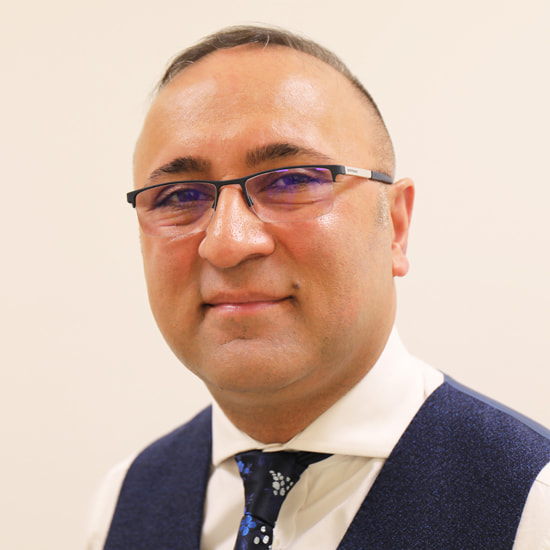
Mr Jas Kalsi
Consultant Urologist and Male Fertility Expert
Urology
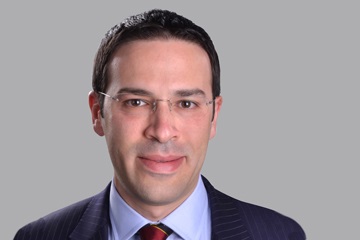
Mr Tamer El-Husseiny
Consultant Urological Surgeon
Urology, General, Urinary tract stones
Our locations

Cromwell Hospital

Basinghall Clinic
4 Basinghall Street
London EC2V 5BQ
United Kingdom
Please note, Basinghall Clinic may not provide all the services listed on this webpage.
Book an appointment today
Our telephone lines are open 8am to 8pm Monday to Friday and 8am to 2pm Saturdays.
Alternatively, fill out our appointment request form and we'll be in touch shortly.
Please note - regrettably we are unable to answer specific medical questions or offer medical advice via email or telephone.

